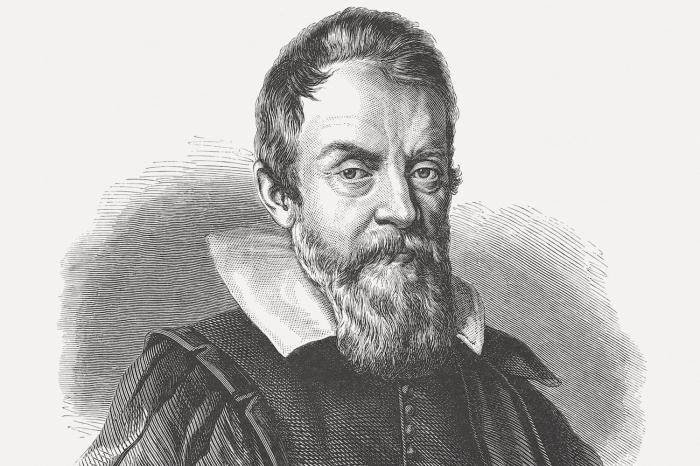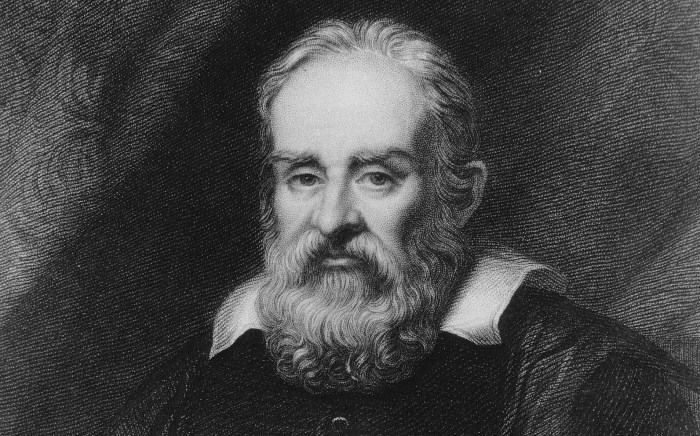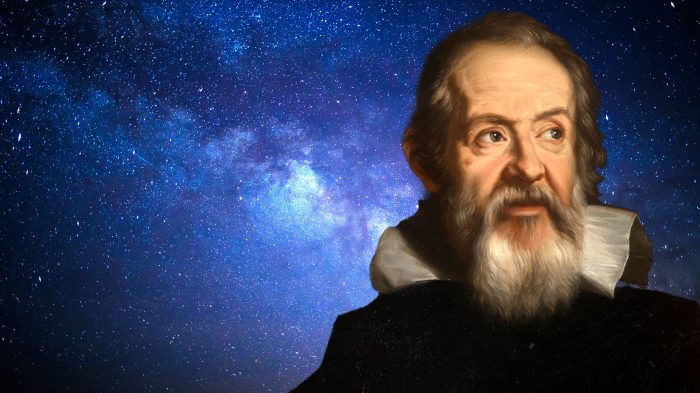In the realm of astronomy, the Italian astronomer who embraced heliocentrism crossword stands as a testament to the transformative power of scientific thought. This engaging puzzle invites us to explore the contributions of these brilliant minds who challenged the prevailing geocentric model and revolutionized our understanding of the universe.
From the groundbreaking theories of Nicolaus Copernicus to the telescopic observations of Galileo Galilei, Italian astronomers played a pivotal role in the acceptance of heliocentrism. Their unwavering pursuit of knowledge and their willingness to challenge established dogma laid the foundation for modern astronomy and shaped our perception of the cosmos.
Historical Context

During the Renaissance, the geocentric model of the universe was widely accepted. This model placed Earth at the center of the universe, with the sun and other planets orbiting around it. The geocentric model was supported by the writings of ancient Greek philosophers such as Aristotle and Ptolemy, and it had been the dominant cosmological model for centuries.
In the 16th century, heliocentric theories began to emerge. These theories proposed that the sun, not Earth, was at the center of the universe. The first known heliocentric theory was proposed by Aristarchus of Samos in the 3rd century BC, but it was not widely accepted at the time.
Nicolaus Copernicus
Nicolaus Copernicus was a Polish mathematician and astronomer who is considered the father of modern astronomy. He was born in 1473 in Toruń, Poland. Copernicus studied at the University of Kraków and later in Italy, where he became interested in astronomy.
In 1543, Copernicus published his major work, “On the Revolutions of the Heavenly Spheres.” In this book, he proposed a heliocentric theory of the universe. Copernicus’s theory was based on the observations of ancient astronomers, such as Ptolemy and Aristarchus of Samos.
However, Copernicus’s theory was more accurate than previous heliocentric theories, and it provided a more complete explanation of the motion of the planets.
Galileo Galilei
Galileo Galilei was an Italian astronomer, physicist, and engineer who is considered one of the most important figures in the history of science. He was born in 1564 in Pisa, Italy. Galileo studied at the University of Pisa and later became a professor of mathematics at the University of Padua.
Galileo was one of the first astronomers to use a telescope to study the heavens. His observations of the moons of Jupiter and the phases of Venus provided strong evidence for Copernicus’s heliocentric theory. Galileo’s work also helped to establish the scientific method as the basis for scientific inquiry.
Other Notable Italian Astronomers
| Name | Affiliation | Key Discoveries |
|---|---|---|
| Giordano Bruno | University of Padua | Proposed that the universe is infinite and that there are other planets orbiting other stars. |
| Tycho Brahe | University of Copenhagen | Made accurate observations of the positions of the stars and planets, which were used by Johannes Kepler to develop his laws of planetary motion. |
| Johannes Kepler | University of Tübingen | Developed the three laws of planetary motion, which describe the motion of planets around the sun. |
Impact of Heliocentrism, Italian astronomer who embraced heliocentrism crossword
The heliocentric model of the universe had a profound impact on scientific thought. It revolutionized our understanding of the universe and our place in it. The heliocentric model also led to the development of new scientific instruments, such as the telescope, and to the discovery of new planets and moons.
The heliocentric model is now the accepted model of the universe. It is the foundation of modern astronomy and has led to many important scientific discoveries.
Quick FAQs: Italian Astronomer Who Embraced Heliocentrism Crossword
Who was the first Italian astronomer to propose a heliocentric model?
Nicolaus Copernicus
What was the name of Galileo Galilei’s groundbreaking work on heliocentrism?
Dialogue Concerning the Two Chief World Systems
What was the main challenge faced by Italian astronomers who supported heliocentrism?
Opposition from the Catholic Church

